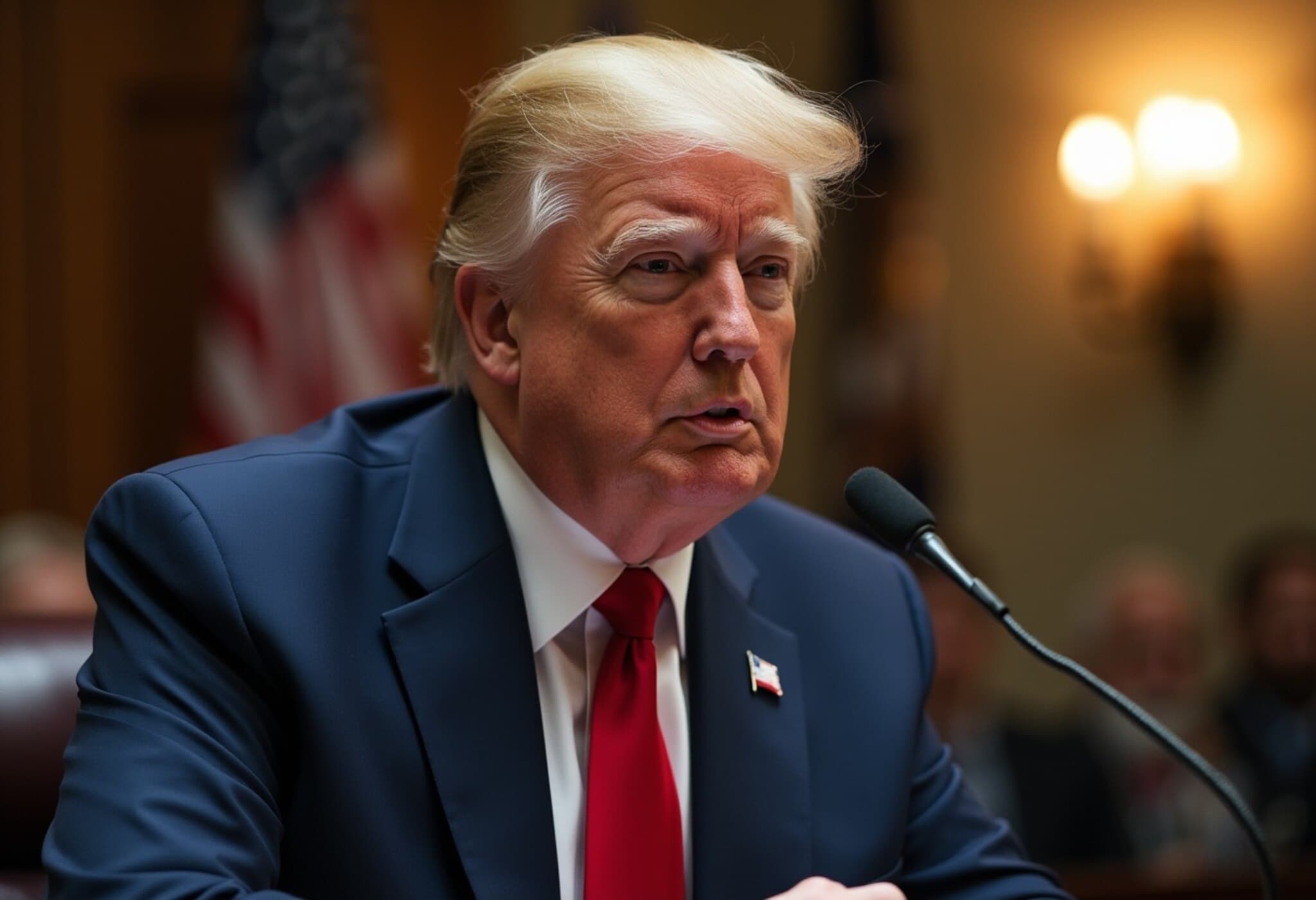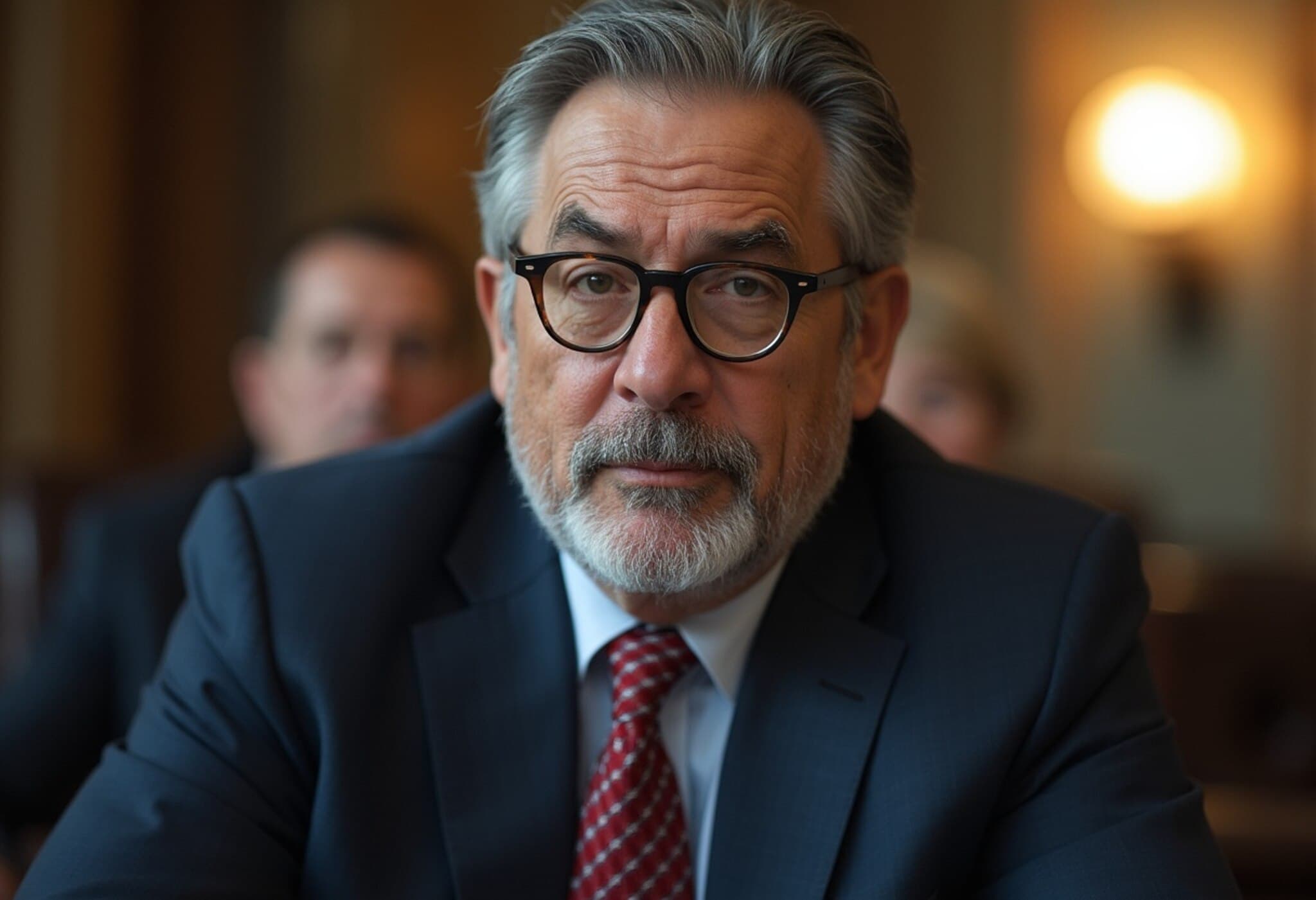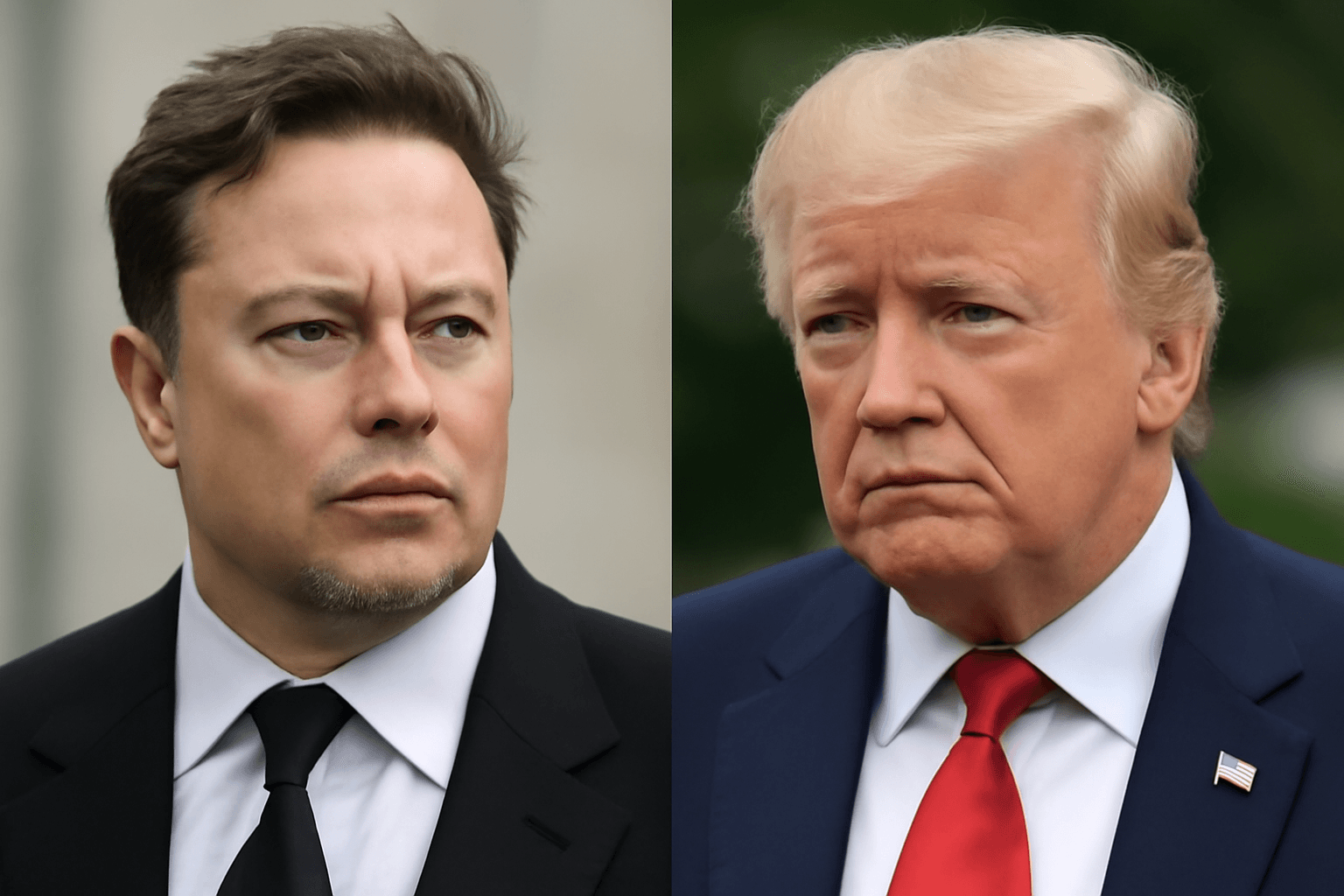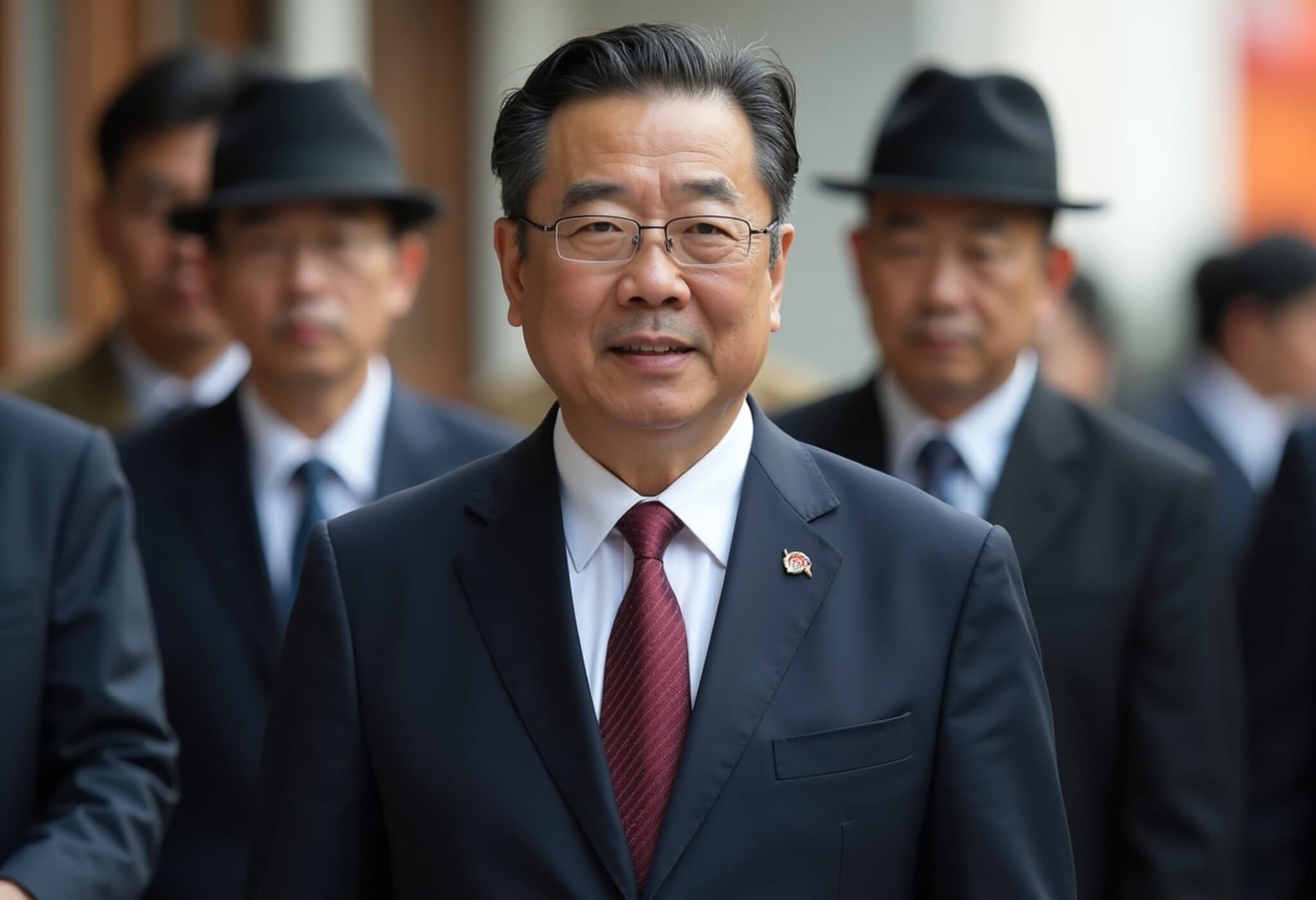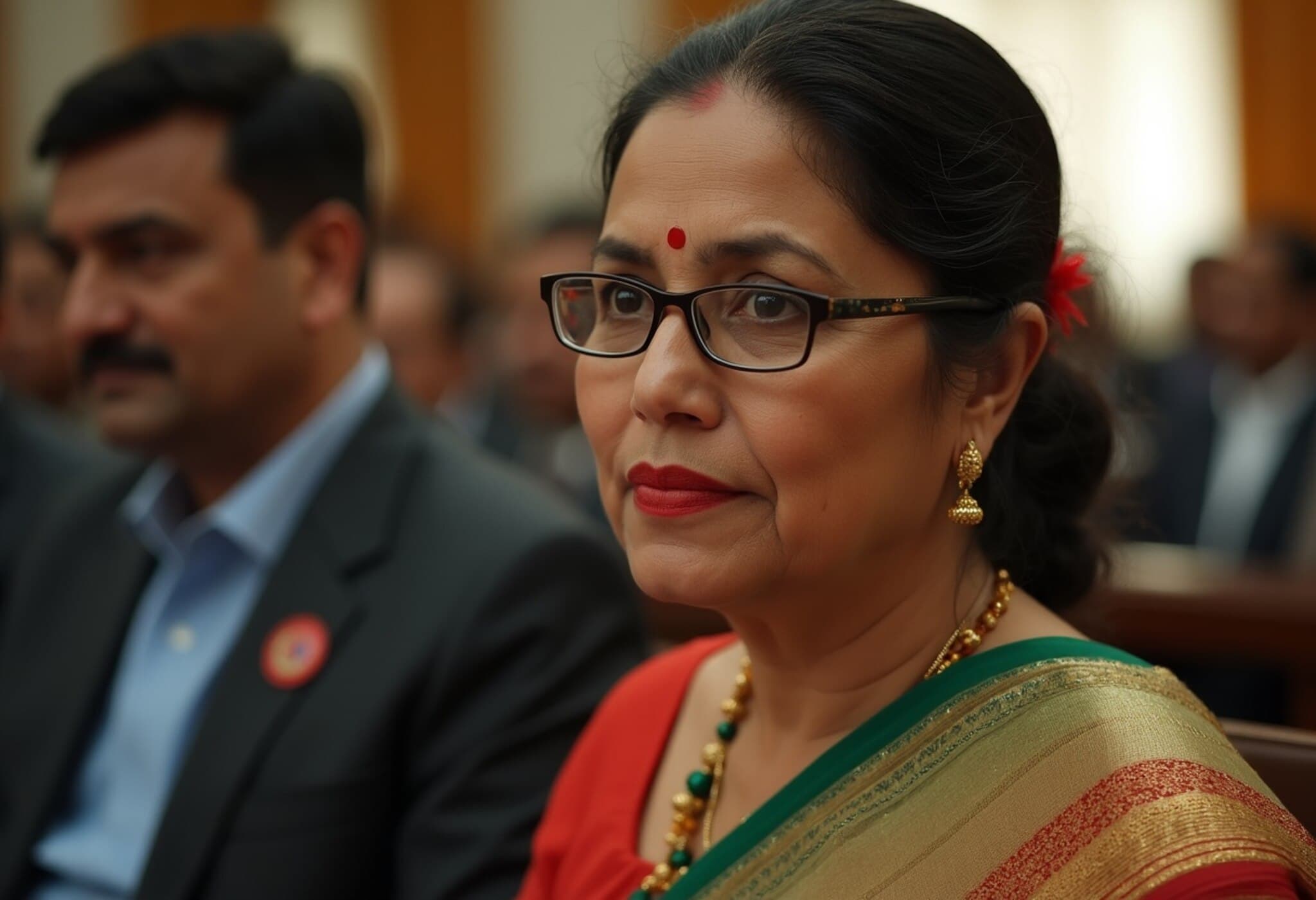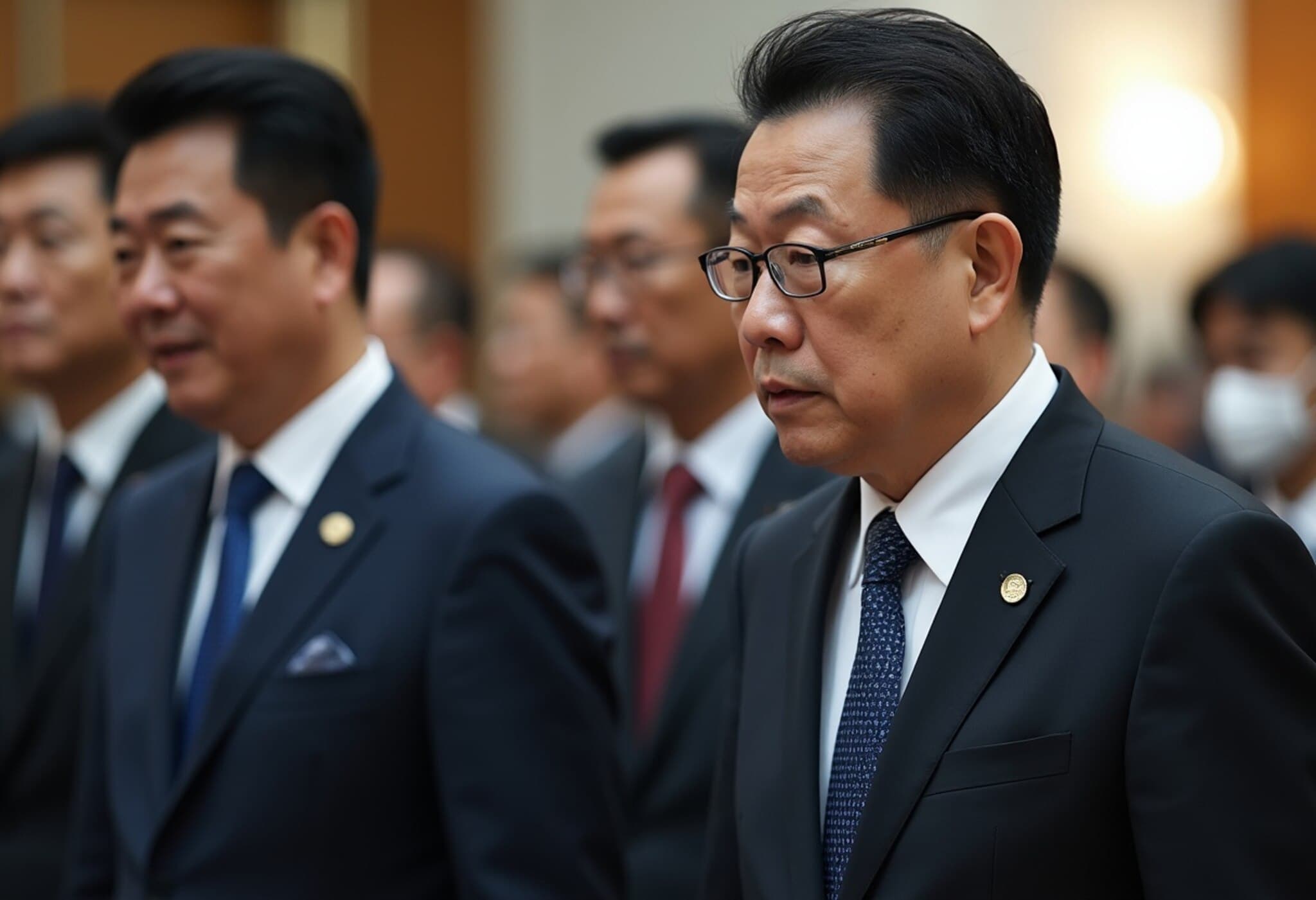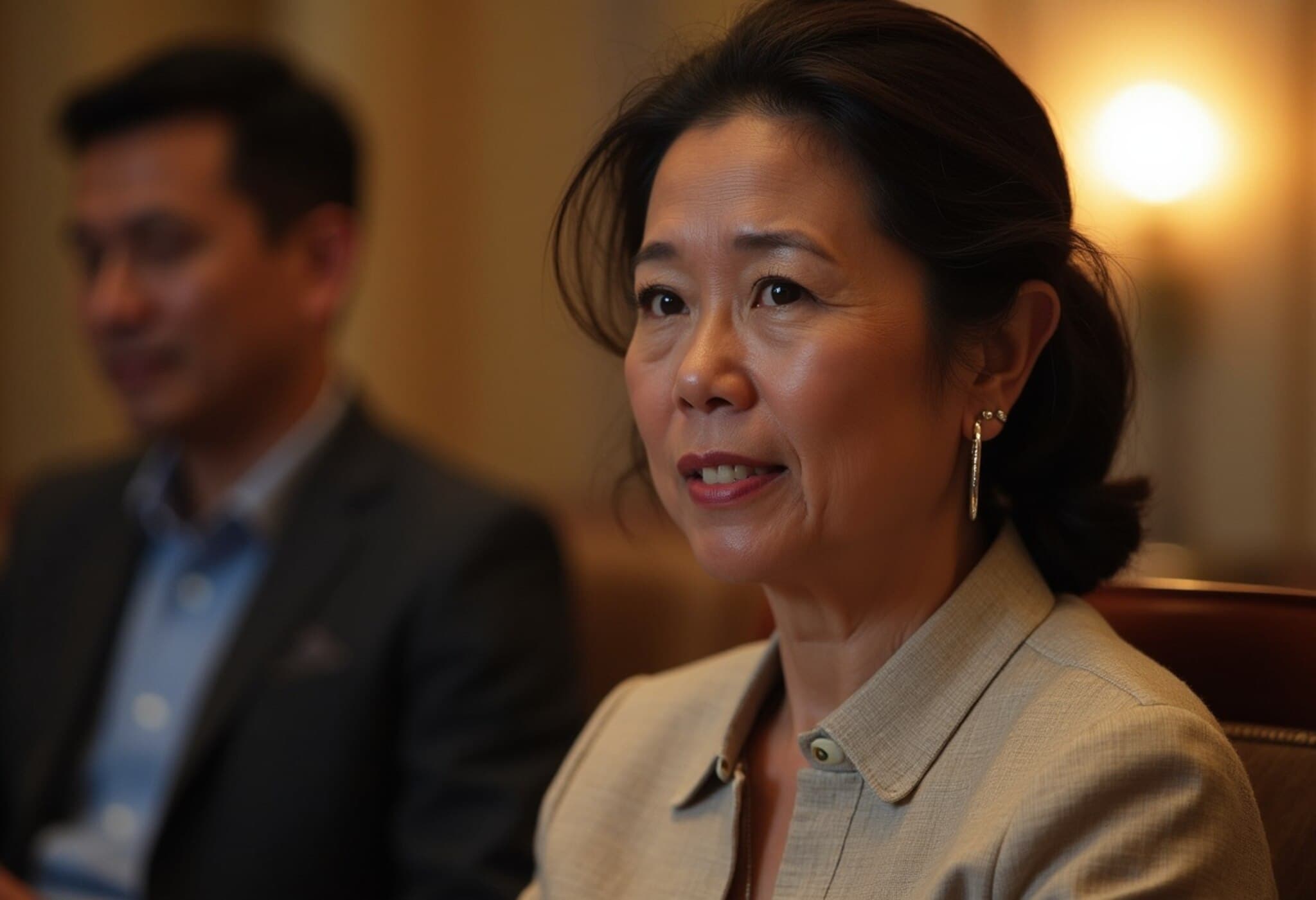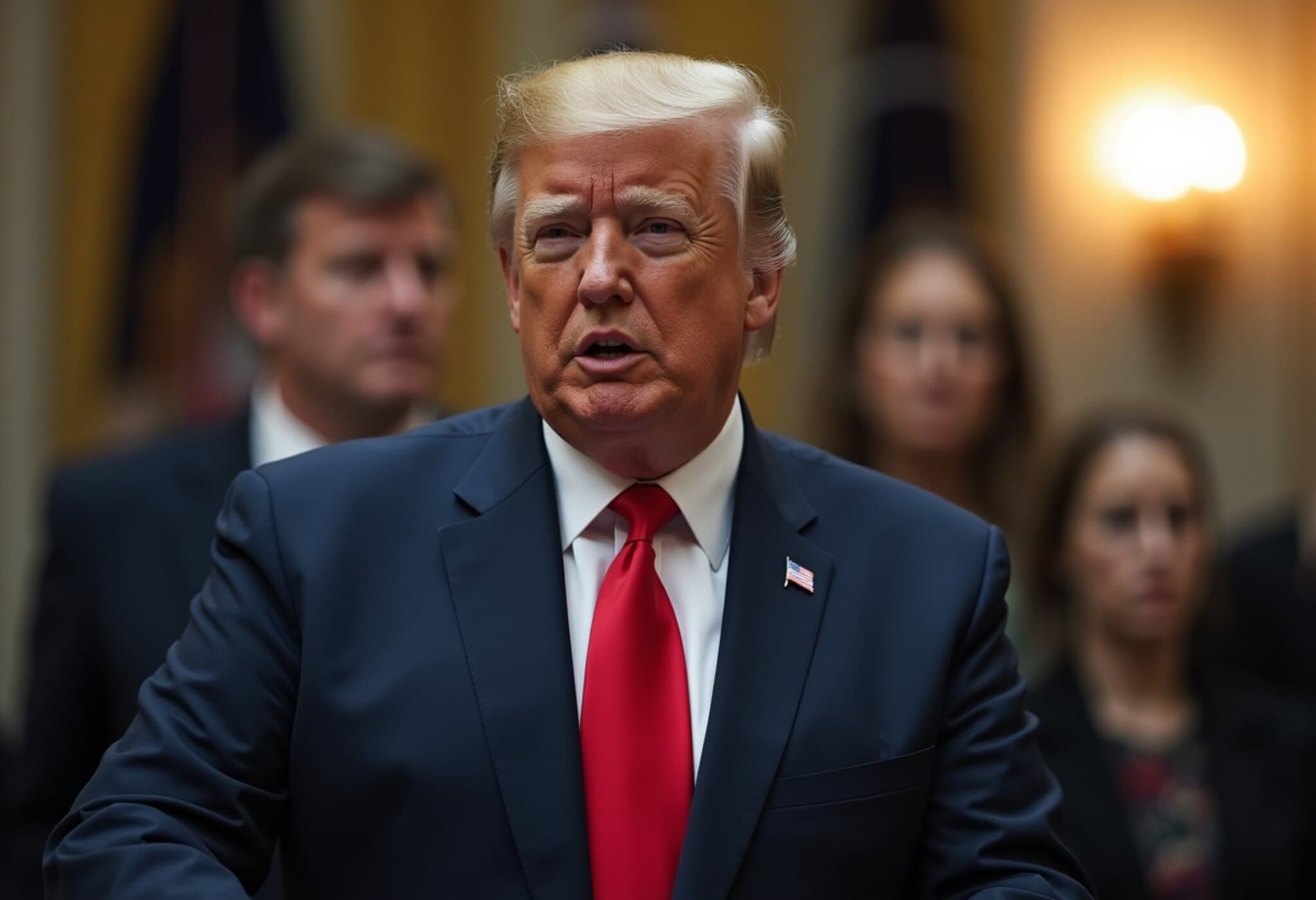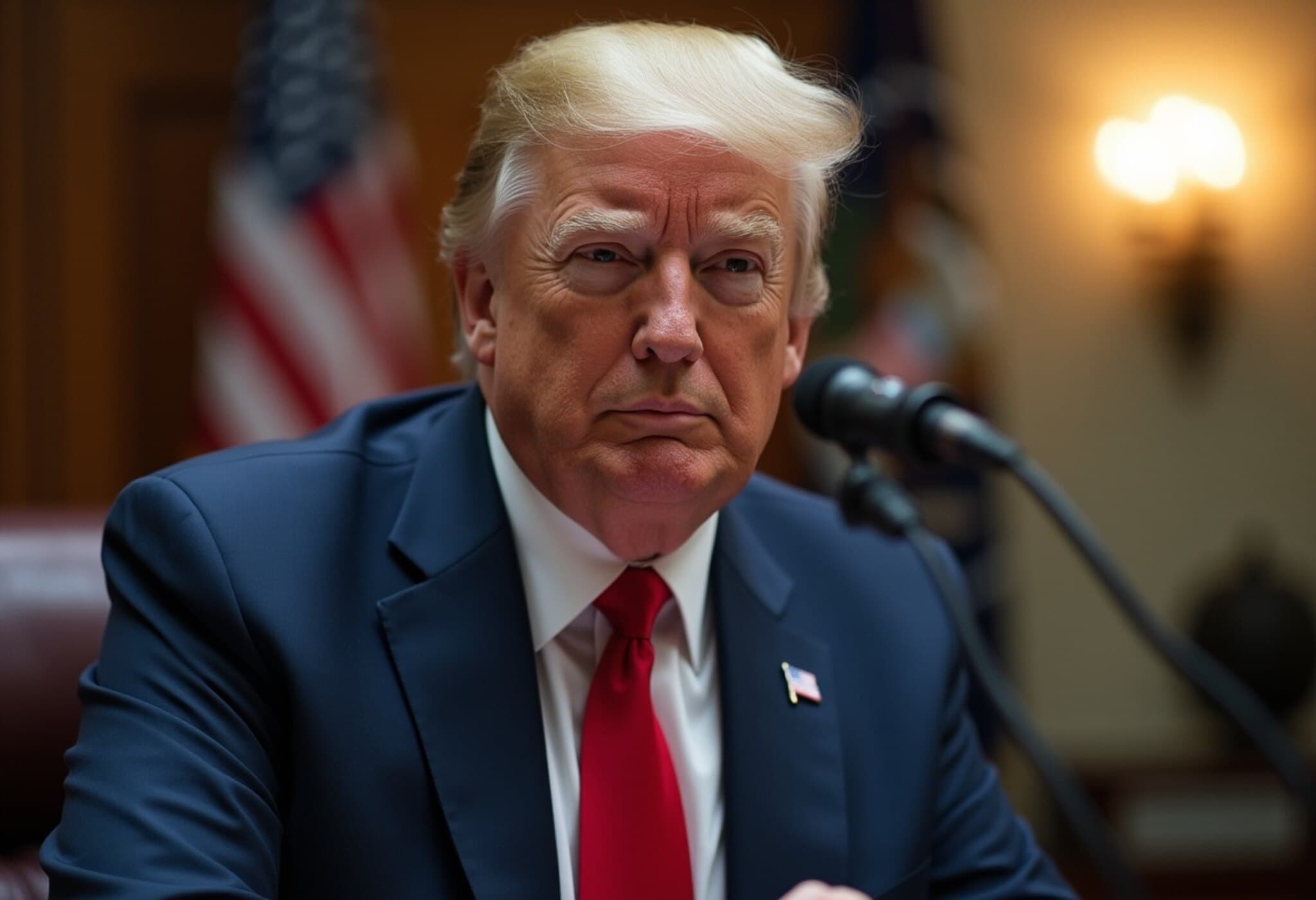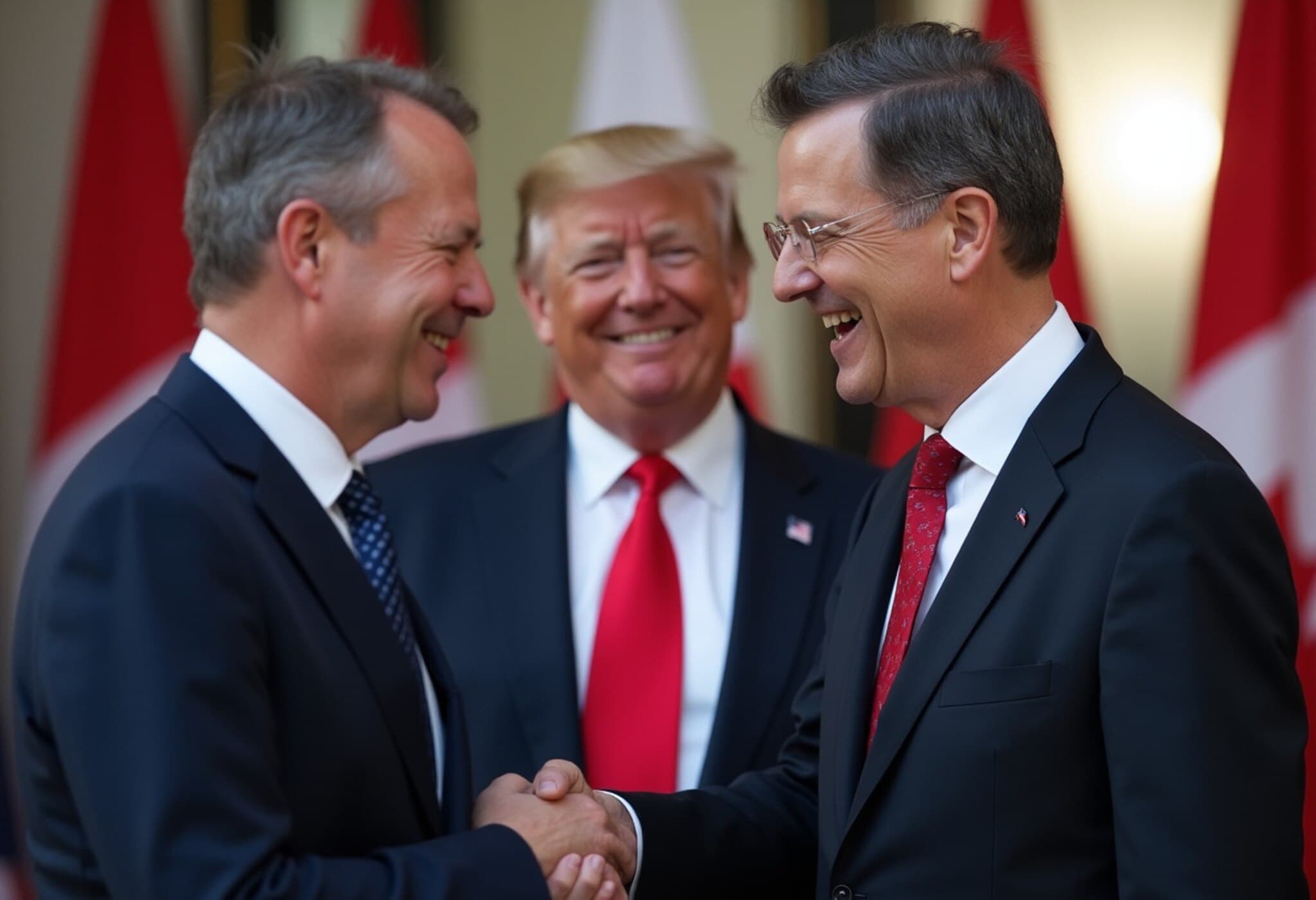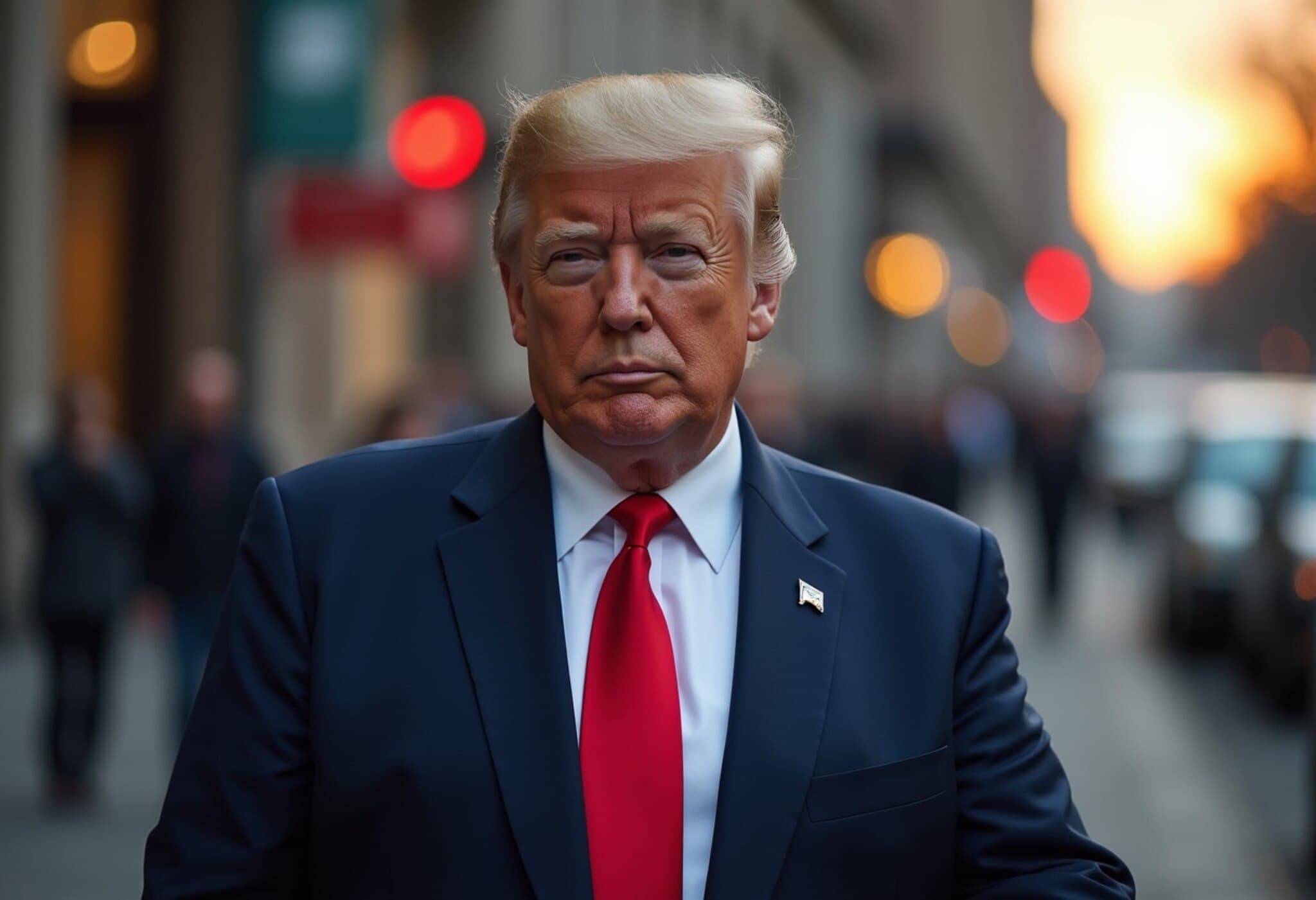Trump Diverts Spotlight Amid Ghislaine Maxwell Legal Proceedings
In a charged political atmosphere, former US President Donald Trump sidestepped questions surrounding a possible pardon for Ghislaine Maxwell, the controversial associate of convicted sex offender Jeffrey Epstein. Instead of addressing Maxwell directly, Trump redirected attention toward other high-profile figures, including former President Bill Clinton and an erstwhile Harvard University official, both of whom have been previously linked to Epstein.
Trump Challenges Media Narrative
Speaking to reporters ahead of his trip to Scotland, Trump asserted, "You ought to be talking about Bill Clinton! He went to the island 28 times. I never went to the island. I don’t even know what they’re talking about." He further claimed, "Focus on the former president of Harvard, some of the hedge fund guys. I’ll give you a list. These guys lived with Jeffrey." This deflection comes amid heightened scrutiny of Epstein’s extensive social connections and alleged client lists.
Context: The Epstein Saga and Public Demand for Transparency
The remarks surfaced as Ghislaine Maxwell was undergoing intense questioning by Deputy Attorney General Todd Blanche in federal investigations. Maxwell, a pivotal figure in the Epstein trafficking network, faces multiple charges related to sex trafficking and aiding Epstein’s criminal enterprises.
The U.S. Justice Department aims to move beyond weeks of media frenzy, sparked when Attorney General Pam Bondi publicly hinted at possessing a so-called "client list" implicating powerful individuals. Bondi later retracted these assertions, clarifying that no such list exists and confirming Epstein’s 2019 death by suicide while in custody.
Why This Matters: Political and Social Ramifications
- Polarization Within Republican Circles: Trump’s insistence on redirecting focus underlines internal party tensions and the challenge of addressing Epstein-related controversies without alienating key voter bases.
- Public Interest in Epstein’s Associates: The American public continues to demand answers about Epstein’s associates, many of whom wield significant political, academic, and financial influence.
- Legal and Ethical Questions: The episode raises pressing questions about accountability among elite social circles and the role of media in uncovering elusive truths behind systemic abuse.
Expert Analysis: A Broader Perspective
Legal experts emphasize the complexity of Epstein’s network, cautioning against oversimplification. Professor Emily Reyes, a criminal justice analyst, notes, "While public figures like Clinton or Harvard officials garner attention, the core issue is institutional complicity and the mechanisms enabling abuse to persist unchecked."
From a policy standpoint, Epstein’s case exposes gaps in regulatory oversight concerning wealthy and well-connected individuals. The ongoing investigations may prompt reforms targeting the intersection between privilege, justice, and media accountability.
Looking Ahead: What To Watch
- Further revelations from Maxwell’s questioning and potential legal outcomes.
- Responses from implicated parties, particularly those named indirectly by Trump.
- Shifts in media coverage and public discourse as authorities attempt to navigate sensitive disclosures.
Editor’s Note: Navigating the Epstein Aftermath
The Epstein scandal continues to ripple through American society, exposing uncomfortable truths about power, privilege, and justice. Trump’s deflections underscore a strategic effort to reframe the narrative — yet they also highlight a critical demand from society: a thorough, transparent reckoning with all individuals linked to Epstein’s criminal web. As investigations proceed, the nation faces pivotal questions about accountability and the influence of elite networks on the pursuit of justice.

